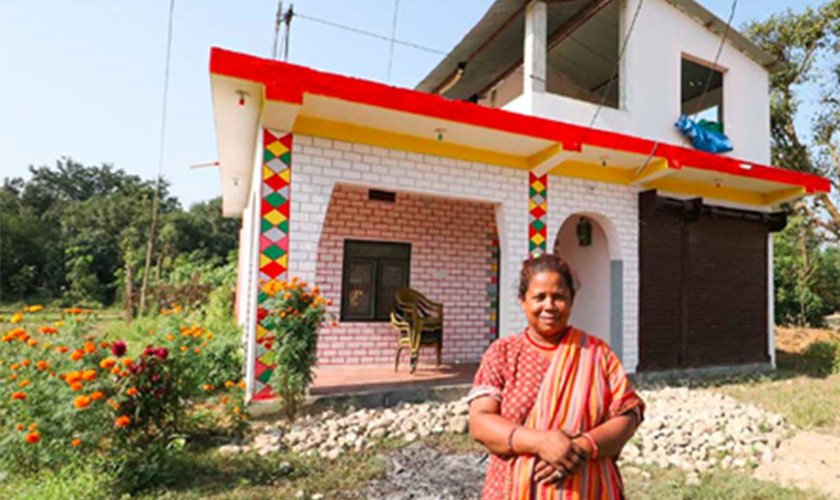Habitat for Humanity Nepal calls for national policy on housing microfinance

KATHMANDU, June 21: Over 60 participants from the microfinance industry, donor, community, and the regulator took part in a recent workshop in Hotel Himalaya, Lalitpur, that advocated for a national policy to support low-income families in accessing housing microfinance loans.
Making opening remarks, Australia’s Ambassador to Nepal, HE Felicity Volk maintained that long term sustainable solutions lie in innovative and inclusive business enterprises that generate sustainable commercial returns.“Low-income families find it difficult to build resilient houses as they lack appropriate and affordable financing options due to the collateral requirements of commercial banks. The micro- finance institutions have the networks to reach these communities, but often lack the technical capacities to deliver housing microloans to them. And that’s where a business partnership comes in.”
Likewise, Dr. Gunakar Bhatta, Executive Director, Banks and Financial Institutions Regulation Department of Nepal Rastra Bank, expressed sincere thanks to Nepal Microfinance Bankers’ Association (NMBA), Australian Government Department of Foreign Affairs and Trade, Business Partnerships Platforms and Habitat for Humanity Nepal on behalf of Nepal Rastra Bank assuring that the result of the National Level Policy Advocacy Workshop shall be discussed during policy formulation and implementation to benefit the low- income people of Nepal.
The one-day workshop was organized by the Nepal Microfinance Bankers’ Association with the support of Habitat for Humanity Nepal and the Australian Government through its Business Partnerships Platform.
In the 2011 population census, one in two Nepalis was living in substandard housing. Many low-income families lack access to formal financing options due to the lack of proof of steady income and collateral for the mortgage. Another 2 million housing units ― just under one-third required in rural areas ― are needed by 2024, according to Nepal’s Department of Urban Development and Building Construction.
Market research conducted by Habitat Nepal in 2020 and 2021 showed untapped opportunities for housing microfinance products targeted at low-income families. In this research, it was found that 62% of respondents planned to make home improvements, including new construction or home repairs, in the next two years. Another 26% of the respondents said they had taken out loans for other purposes to invest in home improvement instead.
The workshop participants concluded with the following recommendations:
● Nepal Rastra Bank should provide standard guidelines on housing microfinance in its
directives to all microfinance institutions in the country.
● The Government of Nepal should develop a national housing microfinance policy to diversify
existing microfinance lending activities, thereby increasing low-income families’ access to
affordable housing and ultimately promoting adequate shelter in the country.


Leave Comment